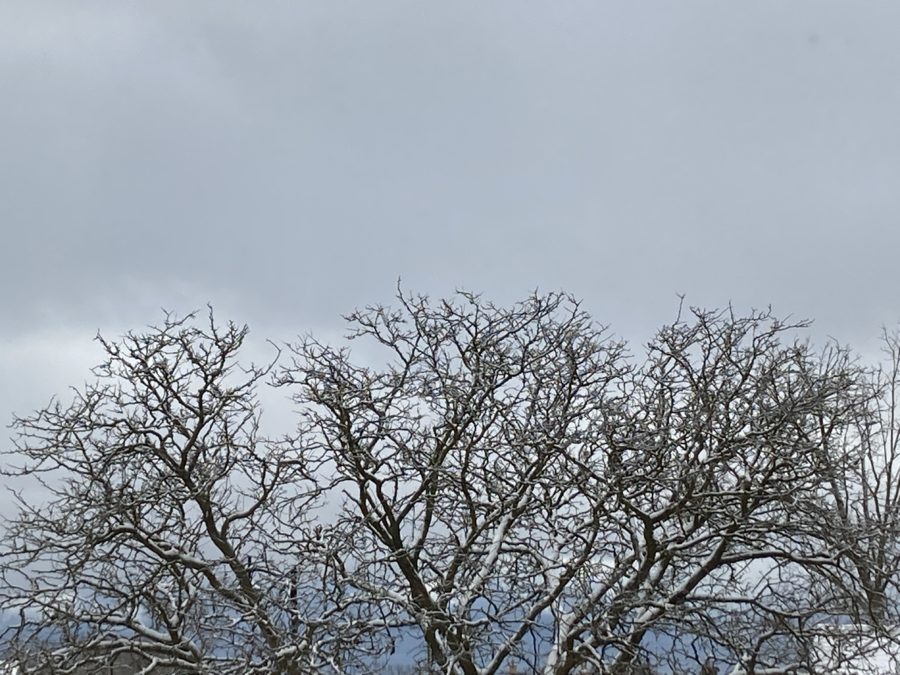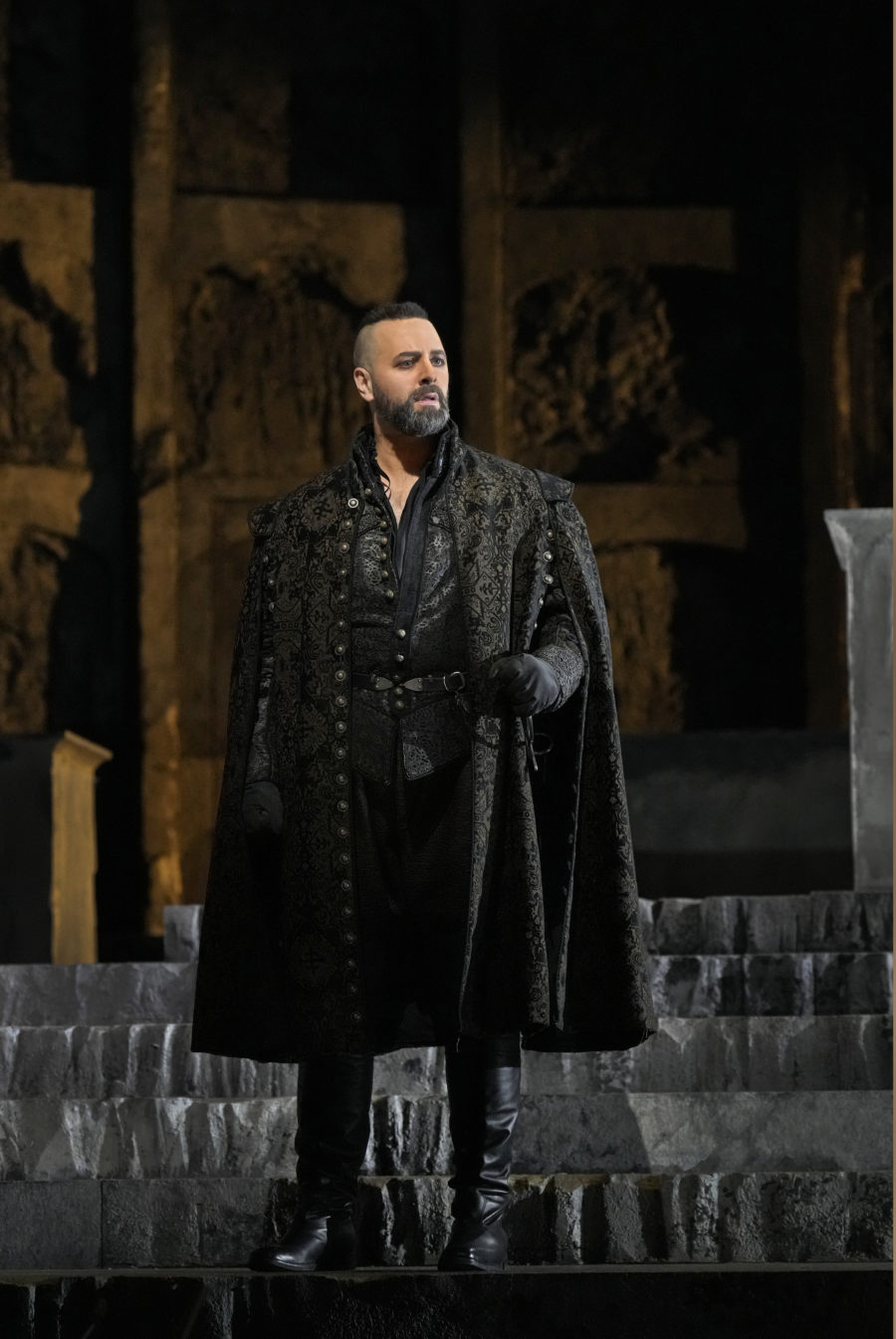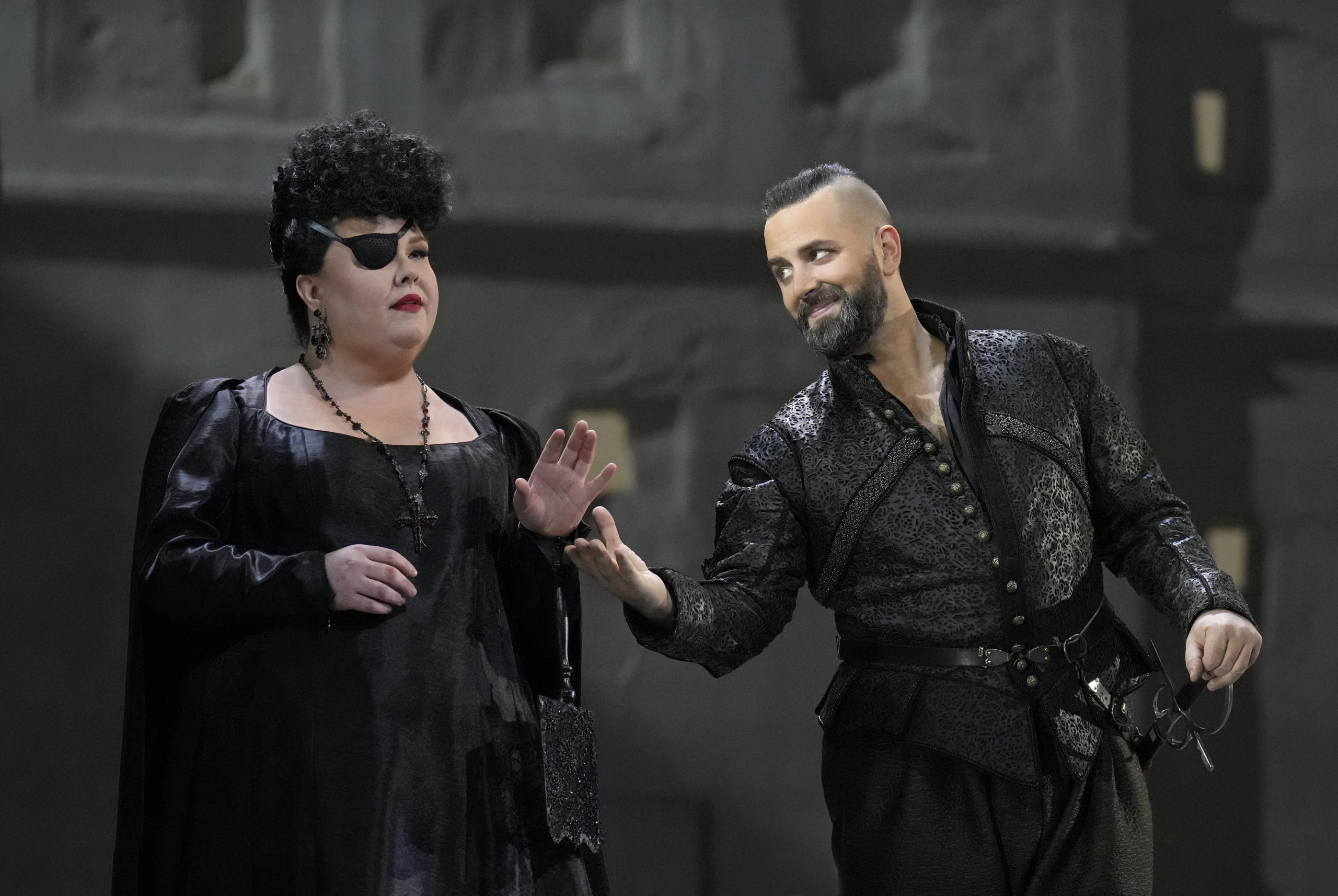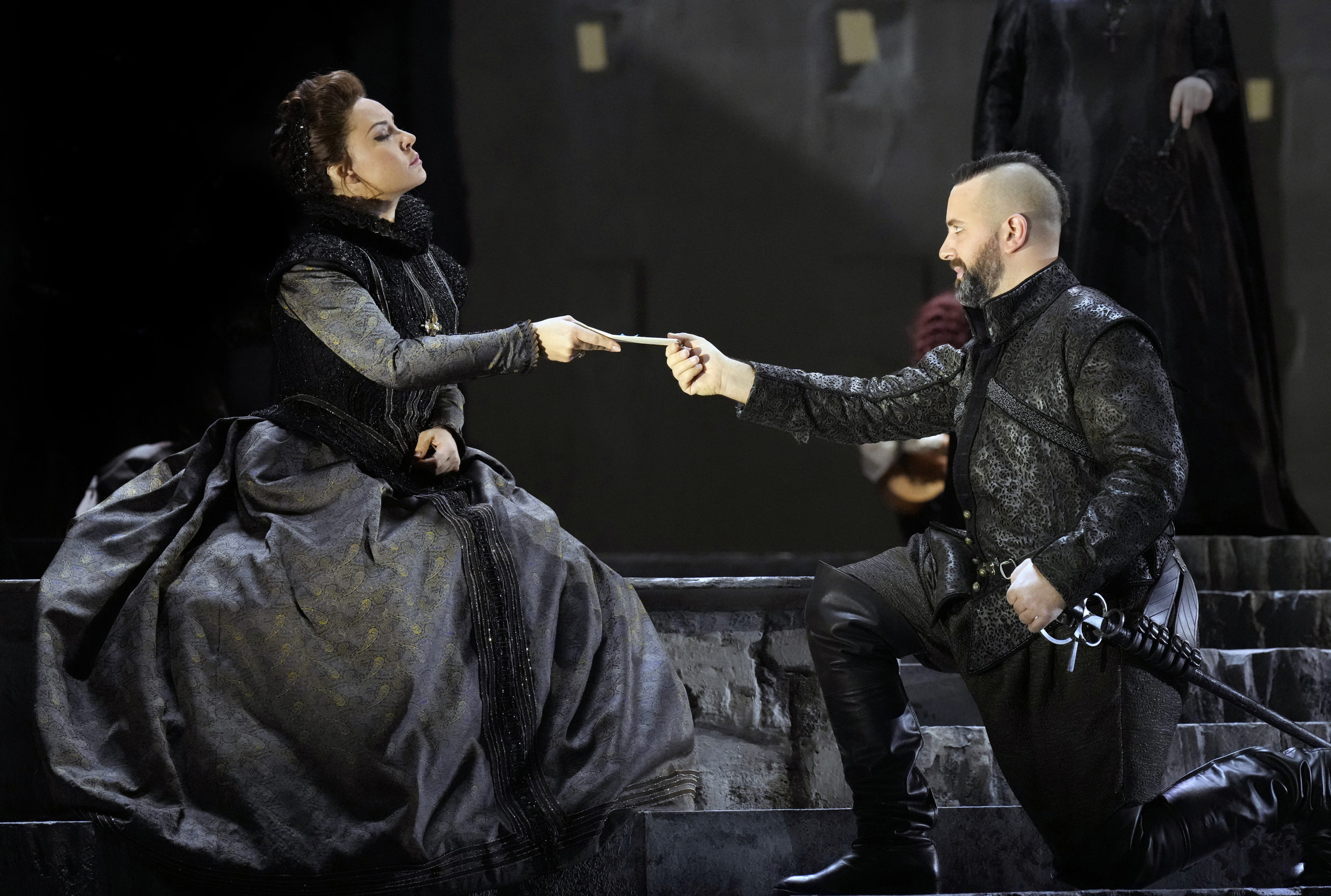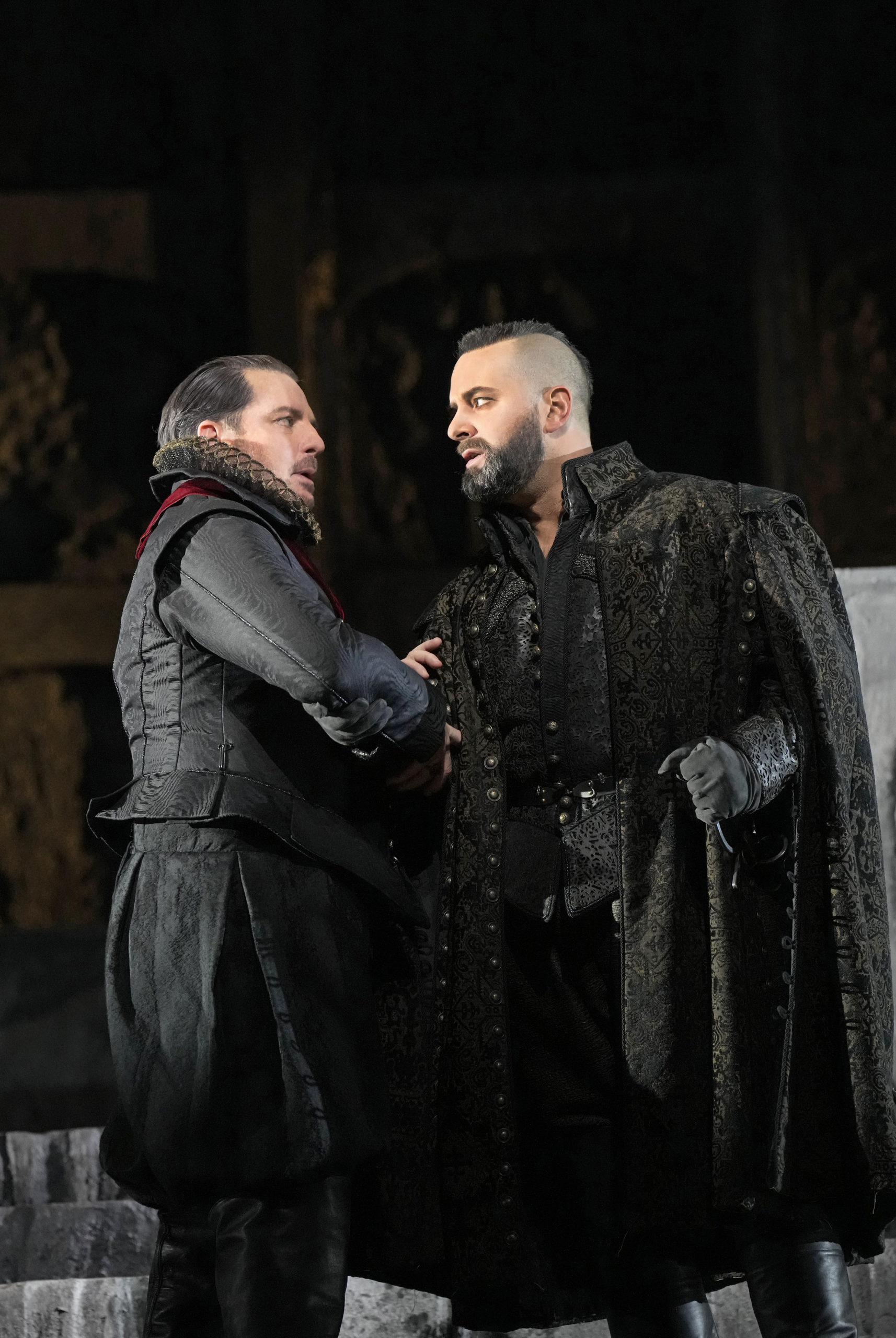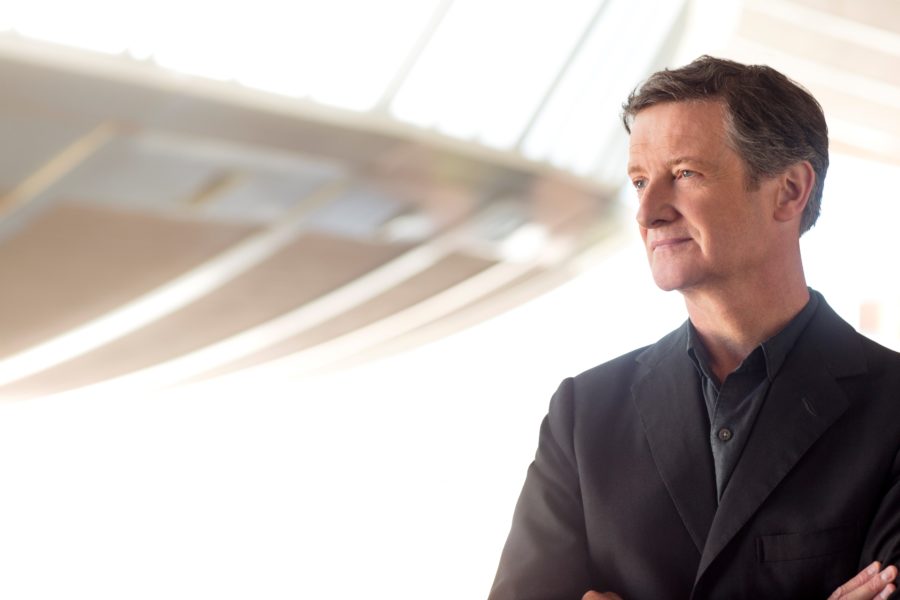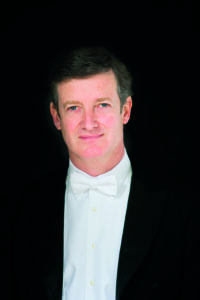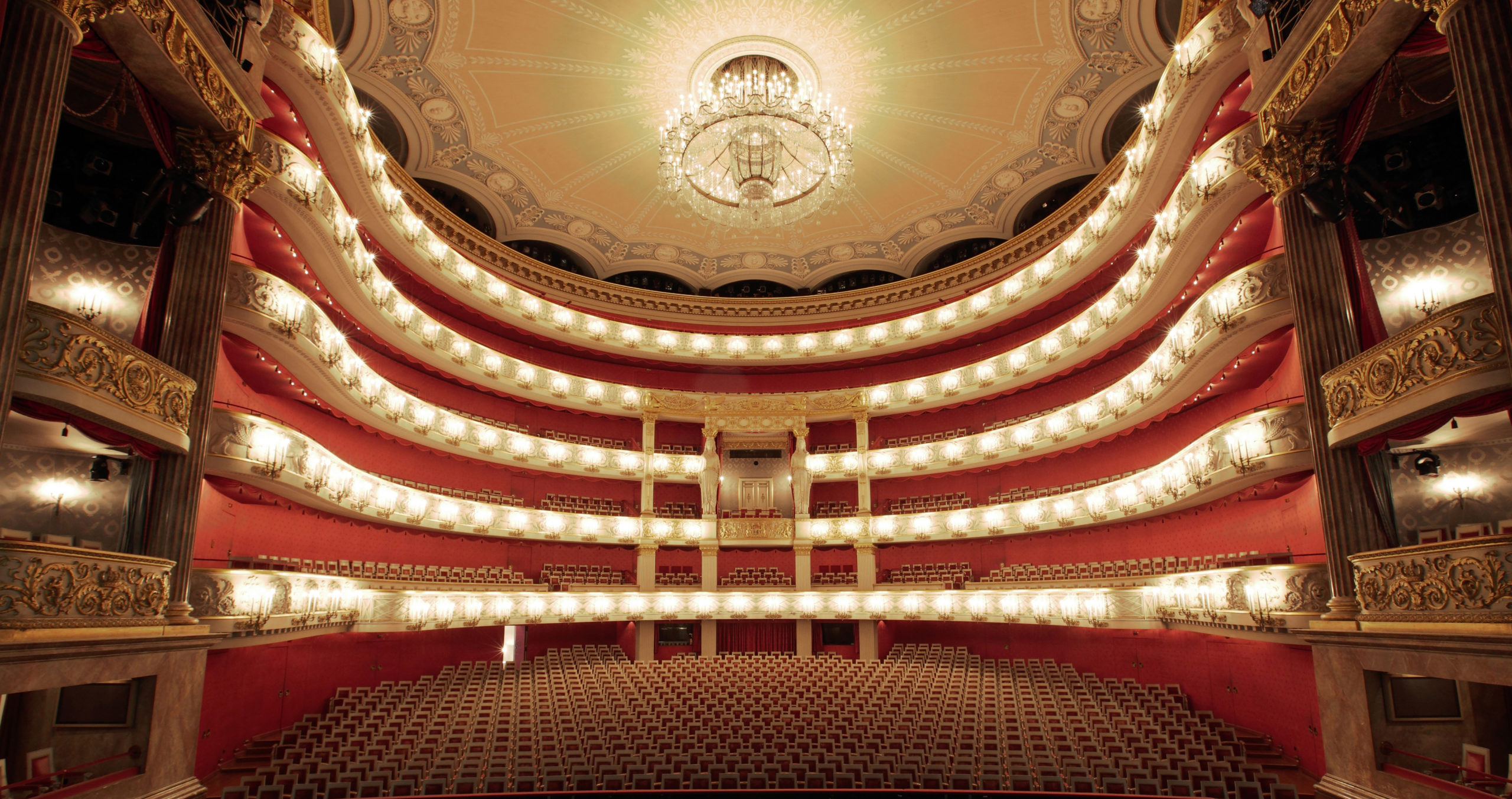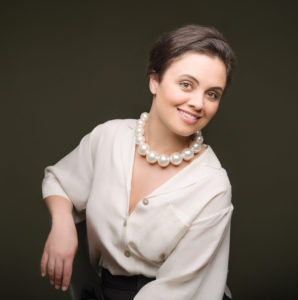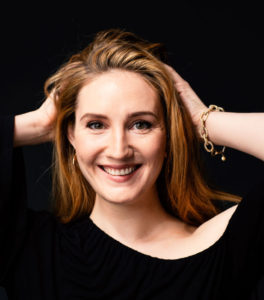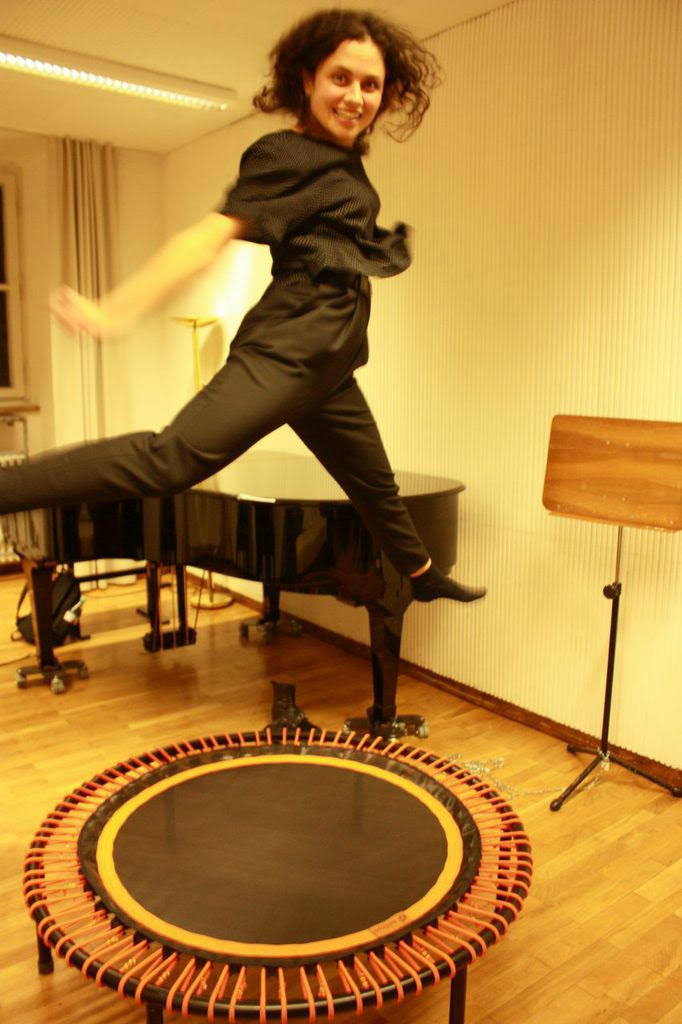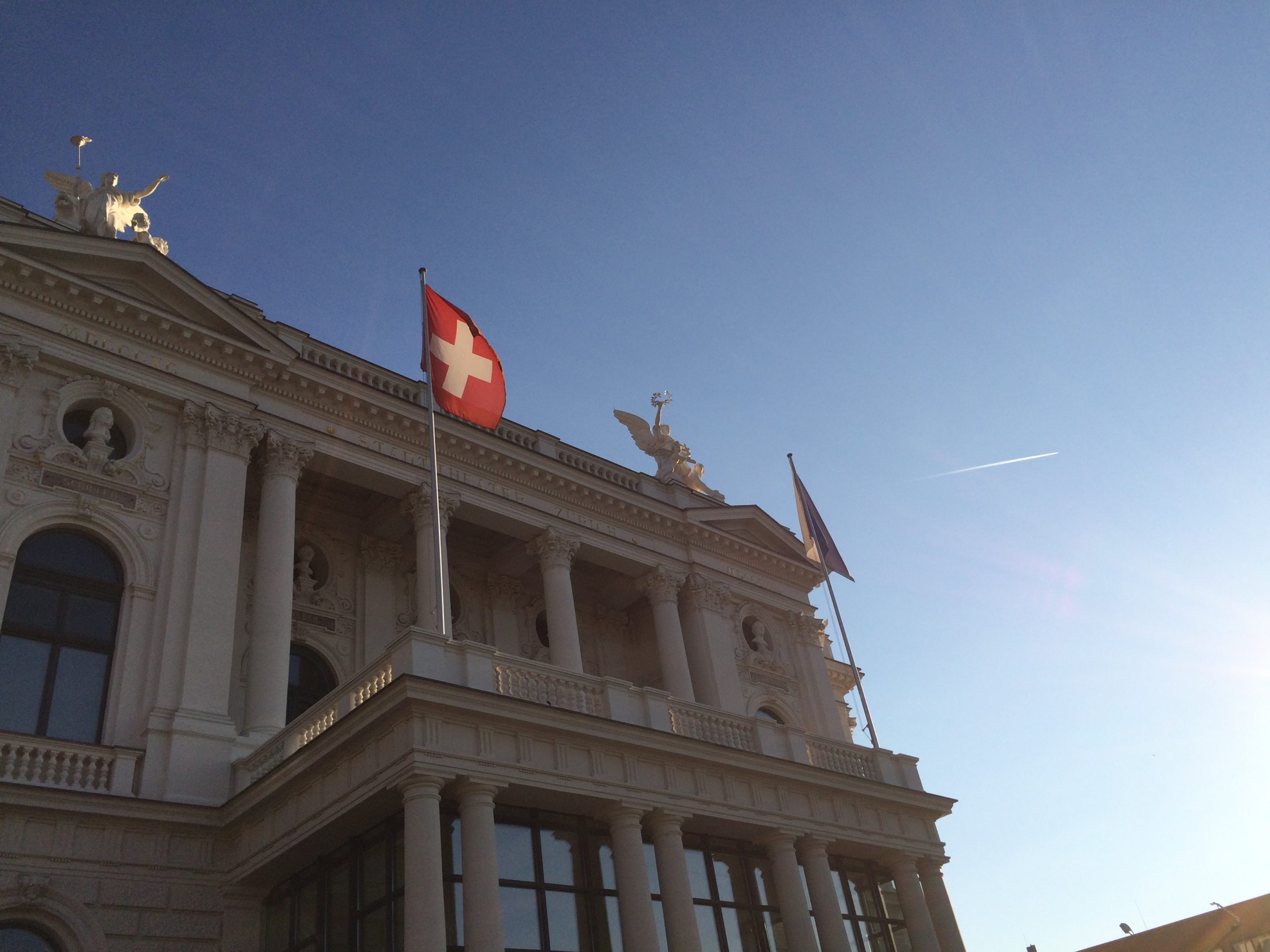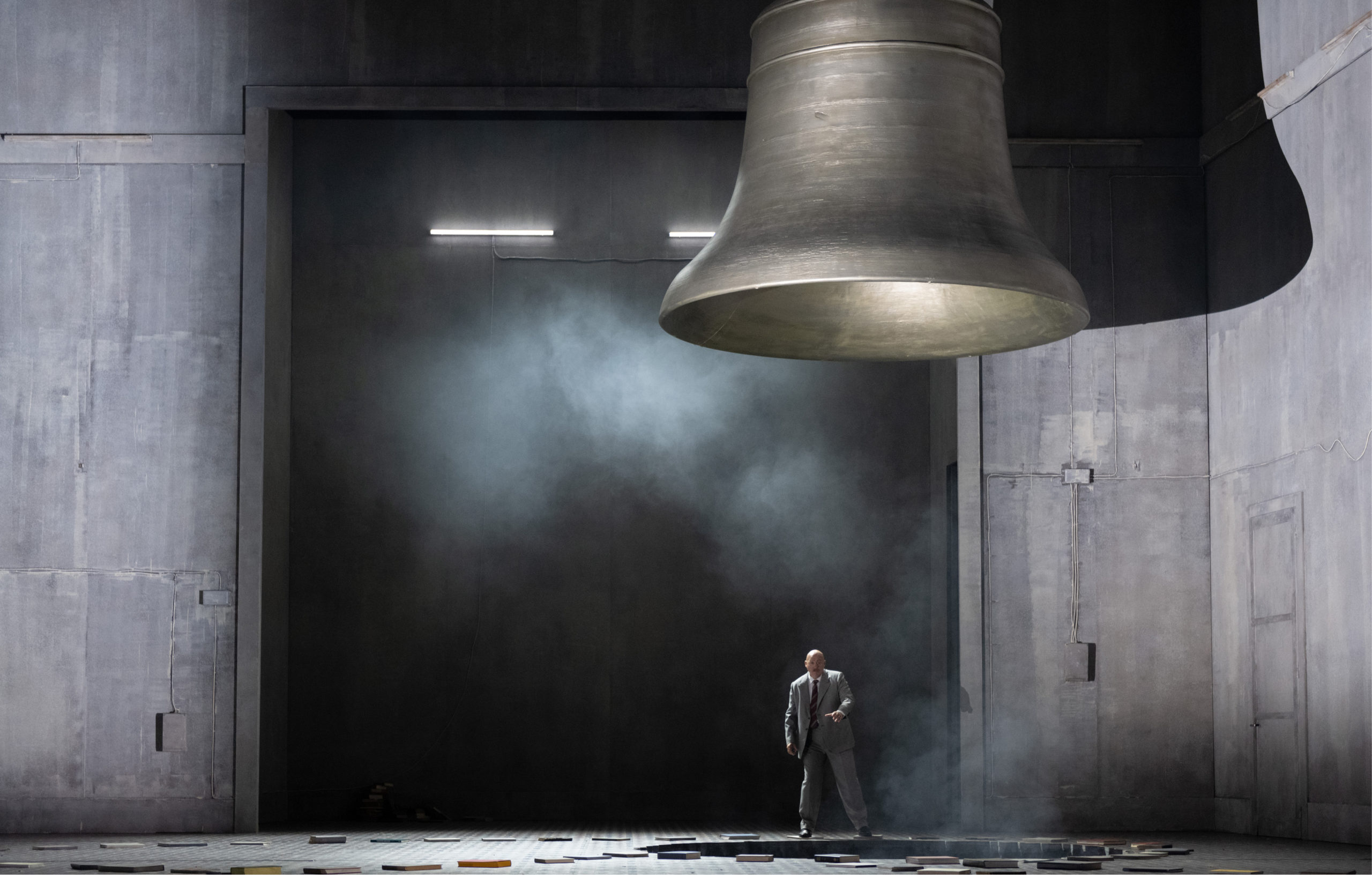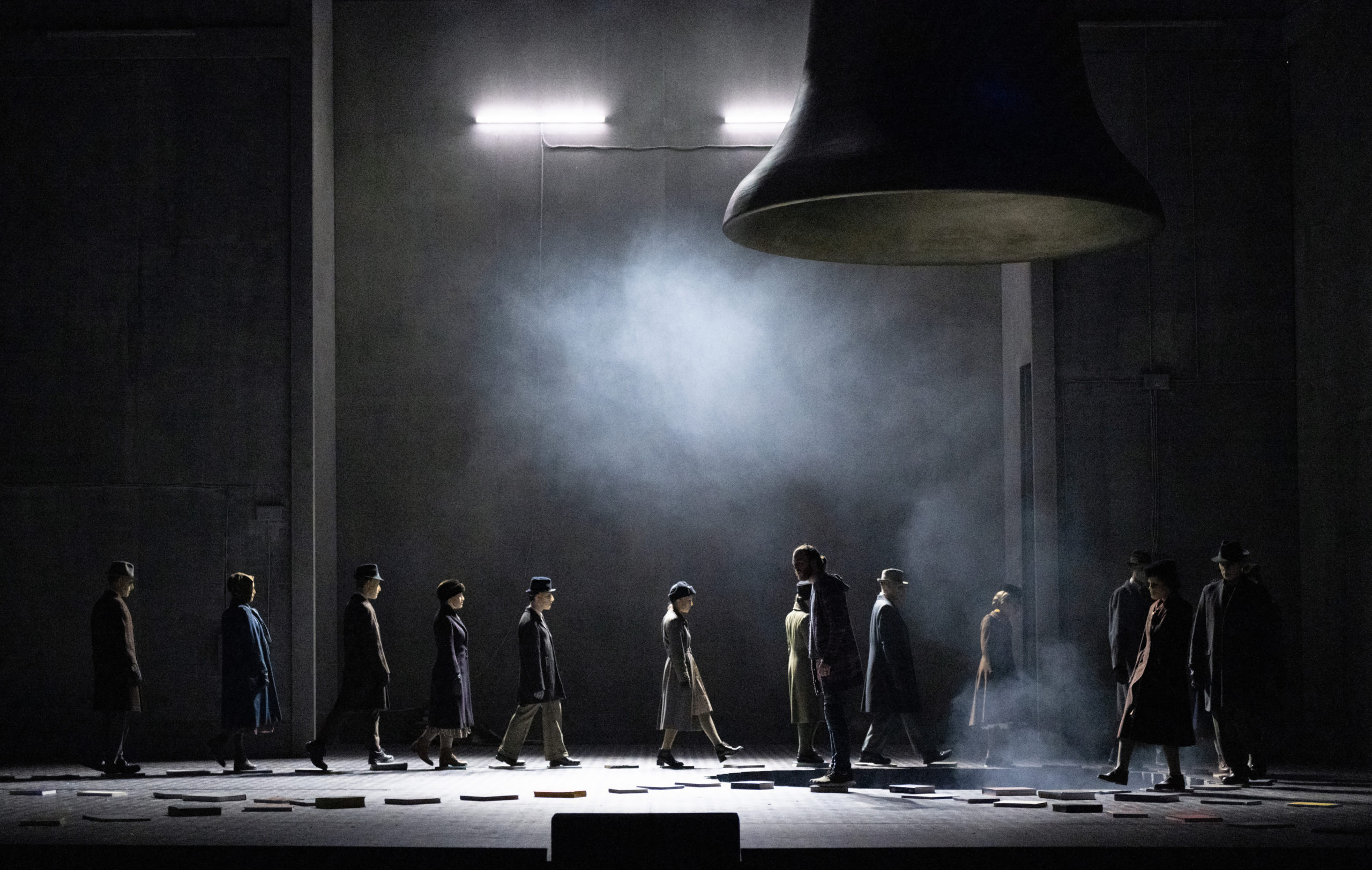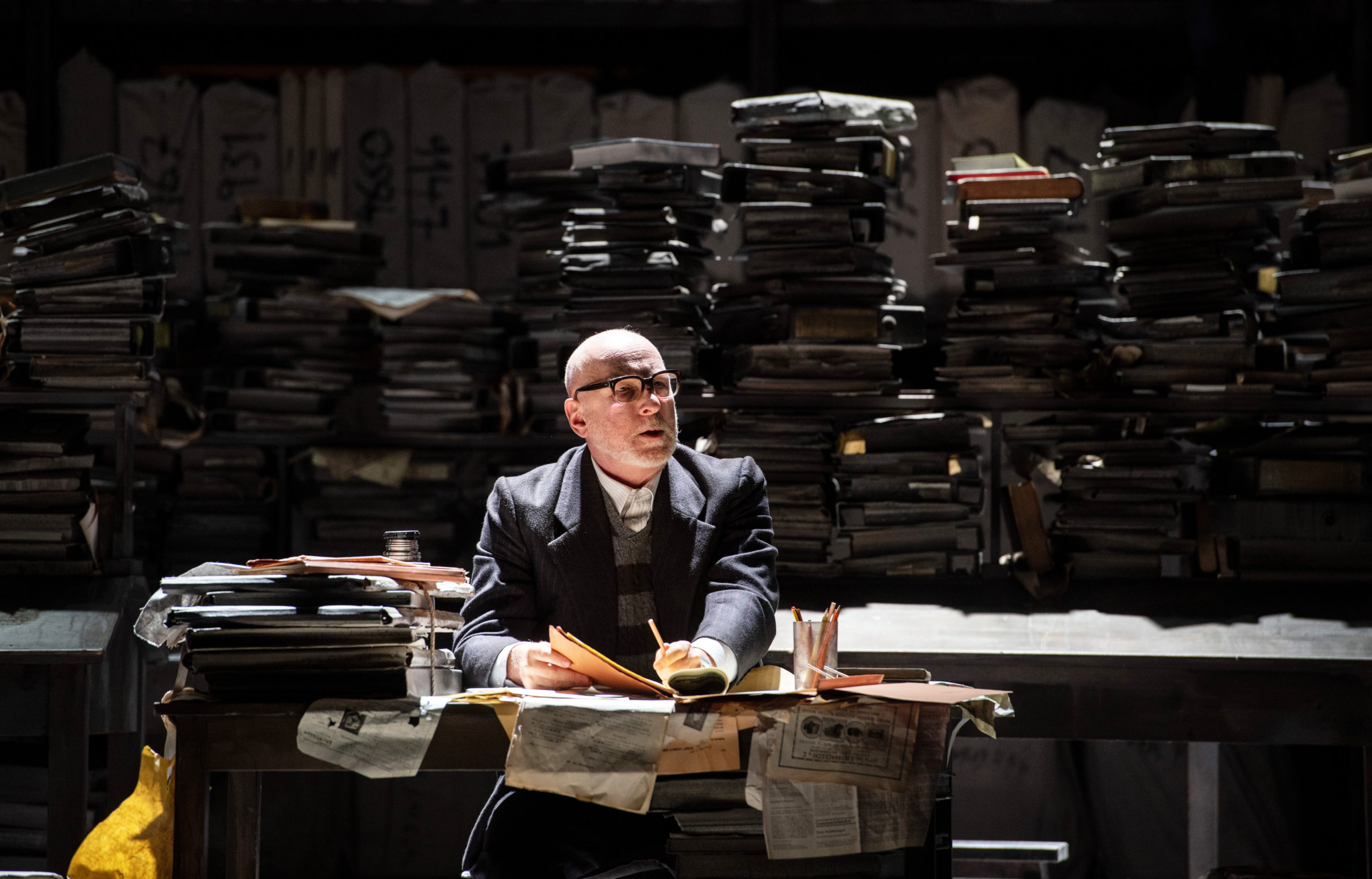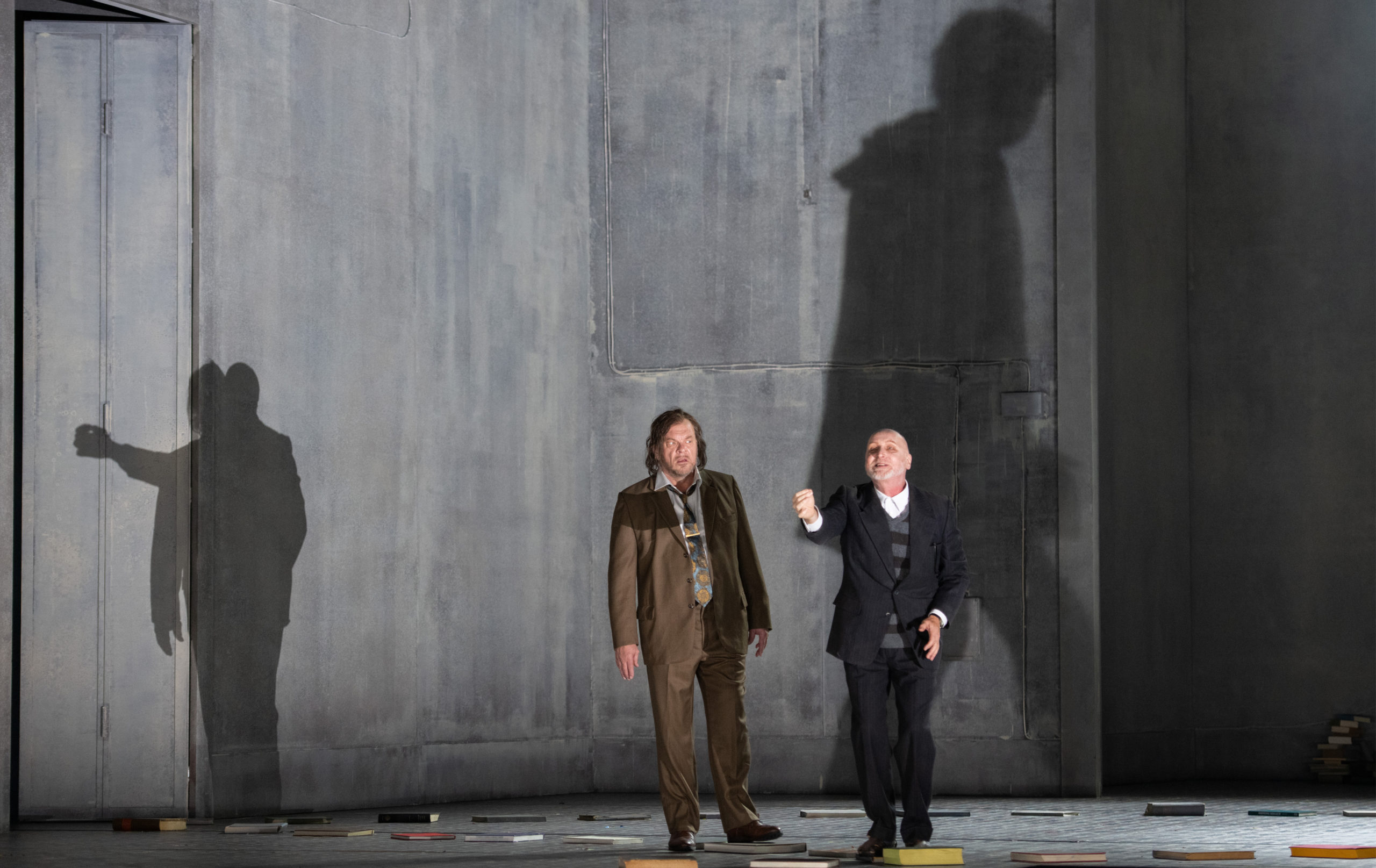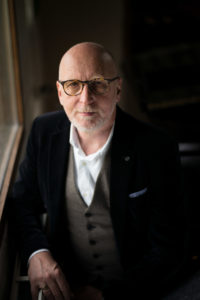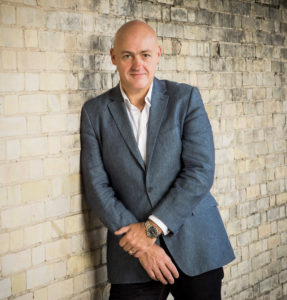On a recent afternoon, I looked out at the pond outside my office window and noted a pair of geese staring at the sky in confusion. It was 12°C yesterday, their tiny flapping wings suggested, now it’s snowing! This isn’t normal! The idea – the experience – of “normal” is gone. Whether it was real or a veneer hiding far uglier things, “normal” or our idea of it, has been blown apart. What we did in some version of then, and who we are in an ever-evolving sense of now, don’t mix or even intermingle, despite the ephemeral details indicating otherwise. Thus does the practice of letting go – of the old, the familiar, the “normal” – ascend in conversation yet be ignored in practice; old markers of an old life, like jangling charms on a bracelet, make the right sounds, but play the melody roughly, too slow, out of tune. Nothing can be as it was, but still, we long for the return of that which we knew, or thought we knew, and thought we wanted to continue forever, and so we wait, like Puccini’s Butterfly, all night, all day, and then all night again, time blurring into self, waiting, hoping, looking for signs to materialize, in some sentimental, macaroon-coloured reverie of hope, lowering masks and taking a deep breath, eyes darting around in the darkness. It was like this and now it’s like this – not normal!
My writing focuses on the intersection of culture, media, and history, with a firm eye on current affairs, which is related to the influence of my other life, as a Professor of Media Studies. As journalists know, what is “current” one day is old the next, or more likely within hours. Constantly trying to keep up with the “new” in news renders one’s concentrated efforts rapidly obsolete, one’s words tired and old, “like too little butter scraped over too much bread,” to quote Tolkien’s world-weary Bilbo. Meaningful conversation is in short supply in such a world, and is now mediated and distributed through digital means. Cues are lost, viscerality is lost; far more valued is short, hot reaction, stoked to keep the engines of commerce turning. Horror is churned out into mere content; images of suffering are rendered war porn pleasing hungry advertisers. There is little I feel qualified to say about this, other than to continue reading, thinking, conversing, in as respectful and curious a manner as possible. This series aims to examine the ways in which individuals and organizations move, or try to move, past the hot reaction and loaded language that turns the wheels of social media and related ad technology; I have no idea if it will have any effect, and have given up hope of such impact, but I write it anyway, mainly because I don’t see this kind of analysis happening elsewhere. There’s a reason for that lack: money. Finance, or its lack, is also the root cause of misunderstandings, snap judgements, and shallow readings of events which deserve more thoughtful analyses within the classical sphere.
In analyzing the varied and deeply-rooted causes of recent Russian artist/artwork cancellation, there has been a growing awareness of the role of flexibility: who can bend, when, how much, to what cost, literal and otherwise. The ideas of “normal” held by audiences and administrations, and the ways in which the classical industry has continued to cling to those notions, veneering themselves in some semblance of it, are revealing, and mostly unflattering. Anxieties over cost, in Dollars and Euros and Pounds, is very real in the post-pandemic (or whatever phase we are currently in) landscape of the performing arts; ignoring it or pretending it is not a motivating factor in current cultural decisions is to ignore perhaps the single most vital element of the industry. The North American performing arts landscape has been immensely altered by the experience of pandemic; an LA Times report (March 24, 2022) lists ten artists who have permanently left the theatre scene in the United States, but judging from social media activity and reactions, one may safely assume there are far more departures from the industry across the continent, with individuals leaving an industry en masse, simply because they cannot energetically (financially, socially, mentally) justify staying. Organizations have, simply put, not been flexible in accommodating needed changes, particularly when it comes to freelancers (a point made with repeated brutal clarity by Welsh opera singer Paul Carey Jones at his blog). The single biggest factors asking for this flexibility (money and education, and how the two relate) don’t seem to be given any meaningful degree of public scrutiny in any media outlet – the need for healthcare; the need for paid ensembles; the need for early arts education across all sectors; the need for active and consistent outreach; the (great) need for far larger arts budgets; the centrality of culture to community (especially to healing the broken sense of community so exacerbated by corona isolation); the inherent comprehension that culture can and should be a cornerstone of such community and of asking vital questions within those communities – apparently the examination of such elements doesn’t drive clicks, so (I know this from experience) those stories are not being assigned in newsrooms. Editors have to justify their chases and thus their budgets; public institutions in particular (and this applies as much to arts organizations as news outlets) have been pressured, through years of heinous budget cuts, to feel they must compete with commercial interests and outlets. The two should be able to co-exist, with understandings of the roles and functions each fulfills, and yet the worst impulses and influences of one (namely ROI) have largely co-opted the base mandates of the other; thus the chance for real change, and thus real flexibility, dies. The whole tenor of contemporary conversation – around current events as much as arts and culture – been largely (if not wholly) reduced to clicks, likes, reaction, firing flames for a guarded, angry intransigence that doesn’t like looking beyond headlines, let alone making time for such examination.
Yet the old “normal” no longer exists, and it seems clear many in the classical industry are aware of this. To paraphrase Hamlet, organizations would rather bear those ills they have, than “to fly to others we know not of.” No one knows what the “new” will bring, but there are small signs that point to those who may have the bravery, and the will, to offer another path. People don’t want to race back to auditoriums; the risks are still real. What was once “normal” within the sphere of live performance experience (especially certain behaviours) is no longer acceptable; what was once taken for granted can no longer be treated as such. That sense of needing to create a new normal is lately reflected, at least sometimes, in programming choices and the will which has clearly been exercised to make them; it has been encouraging to see various organizations acknowledging this need and manifesting it, without worrying too much about sexy clicks. At the very start of the war in late February, the Rundfunk Sinfonieorchester Berlin made a quick if important change to their weekend programme. Contrary to reports in Russia media, Chief Conductor and Music Director Vladimir Jurowski did not (as he had been accused of) “cancel” Tchaikovsky from the entire existing program; he replaced Marche slave (written in 1876 as a paean to Russia’s intercession in the Serbian-Ottoman war) with two works by Ukrainian composer Mykhailo Verbytsky (1815-1870), the Ukrainian anthem (1863), and Symphonic Overture No. 1 in D major. The latter work, with its folk-like lines, created an immensely thoughtful frisson alongside the world premiere of Dmitri Smirnov’s “Concerto piccolo” for cello and orchestra, “History of Russia in 4 anthems” (2001), a sarcastic and brilliant deconstruction of Russian machismo within the paradigm of shifting musical-political identities. Anton Rubinstein’s Concerto for Cello and Orchestra No. 2 in D minor (1874) followed, its nods to Ukrainian folk melody so apparent in its final movement, with Tchaikovsky’s Symphony No. 5 (1888) to close; its militaristic lines sounded a snide bravado most poignantly in a final movement that spoke as equally to specific tragedy as to the broader circumstances which birthed it. None of this was on any social media channels – such thoughtfulness does not play well within the strictures dictated by such platforms, nor publishers – though it was thankfully broadcast (and accessible for a month thereafter) on the public radio channel Deutschlandfunk Kultur.
Other orchestras have followed suit. The Berlin Philharmonic was featured on both their own dedicated platform (its Digital Concert Hall) and that of German national broadcaster RBB for a benefit concert held recently at Schloss Bellevue. The concert was one of many recent (and rapidly-organized) charity initiatives done in partnership with ARD, an integrated organizations comprised of Germany’s public-service broadcasters. The Berlin Phil’s programme featured two works by Valentyn Sllvestrov (b. 1937), who fled his native Kyiv earlier this month, thanks to the help of Ukrainian conductor Vitaly Alekseenok and Russian pianist Yuri Lyubimov. Silvestrov’s music is also featured in a beautiful new release by violinist Daniel Hope with Ukrainian pianist Alexey Botvinov, Music For Ukraine (Deutsche Grammophon) which, along with works by Silvestrov, includes music by Myroslav Skoryk (1938-2020) and Jan Freidlin (b. 1944). All proceeds from the album’s sales will go to Aktion Deutschland Hilft, a non-profit organization working to deliver emergency aid to those affected by the war. If Silvestrov’s music known only to those with specialized knowledge of the contemporary compositional scene in Europe prior to February 24th, it is now being hoisted into something approaching mainstream awareness. Lithuanian Opera and The Metropolitan Opera both performed Silvestrov works as part of hastily-organized charity initiatives, though his Symphony No. 4 was presented by the London Philharmonic Orchestra last month as part of a regular season concert, albeit in an altered programme that impressively demonstrated the needed flexibility in accordance with the times. Some might posit that the work of the so-called “most famous living Ukrainian composer” has become something of a go-to for organizations looking to telegraph concern for current events; perhaps one ought not to question sincerity in such cases, these are worthy causes after all, and attract wide audiences and much-needed funds. But the composer himself expressed frustration at the race to embrace his work at this particular juncture, telling Professor of Musicology Peter Schmerz “that this misfortune needed to happen for them to begin playing my music. […] Does music not have any value in and of itself without any kind of war?” (New York Times, March 30, 2022)
It is a question worth pondering, especially as questions around flexibility and, related to that, responsibility swirl in the classical community. Will audiences get the opportunity to hear the works of Silvestrov, Skoryk, and Verbytsky as part of regular programming? And will organizations place them beside Russian works, or have them be played by Russian artists? Should they? Will some kind of statement be required? Conductor Ariane Matiakh, who has described herself as “a Frenchwoman with Ukrainian roots which are bleeding at the moment”, told Radio France earlier this month that she “condemn(s) the artists who have always seemed close to power” in Russia but, like others in her profession, made a distinction between the artists cozy with power, and those others who are “not able to take a stand.” Similarly, The Association of British Orchestras (ABO) released a statement in early March in which they stated that “no Russian artist should be compelled to make such a public statement, when the consequence of doing so would be that the lives, liberty and livelihoods of themselves and members of their family in Russia are endangered. We will also look after those of our staff and musicians who are personally impacted by the invasion of Ukraine.” Here the question is one of perception, of proportional concern, of turning away from the urge toward simplistic false equivalency, the problematic nature of which I outlined in Part 1 of this series). To put it plainly: there is no equivalency between artists suffering in Russia and those (artists or not) suffering in Ukraine. It’s upsetting to see such moral trafficking made quotidian, within such insulting and reductive equivalencies, when the context exists for a far deeper and more compassionate response; concern-trolling and moral policing plug up what should be open if extremely difficult discussions that must be had, in the classical world and elsewhere. It is equally vital to understand the ways in which the classical industry has, or is, or could be responding, most specifically within the context of post-pandemic recovery, with a firm awareness of the economics, inside the industry, and outside of it, via the media who cover it with less and less depth of detail and comprehension. Controversy, or the mere whiff of it, plays well to the machinery of algorithms and ad technology; a headline that uses triggering keywords or phrases (“cancel culture”, “boycott”, “ban”, “freedom”) is likely to please publishers (and advertisers) far more than one that might better represent its true content (or indeed, the actual, far more complex story). Context is often the thing left behind under duress of analytical realities (time on page, clicks, other forms of engagement metrics) but such contemporary publishing realities leave a gaping hole in precisely the spot where most cultural workers (artists, writers, composers, academics) like to think they live: the world of thinking. For every cancellation, there is another story (or more); for every decision veneered by brand management, there is another one deserving of attention. In a searingly honest op-ed (published 1 April 2022), Opera Wire Managing Editor Polina Lyapustina wrestles with her own background, the notion of supposed “cancellation” and the ways in which the recent flexibility shown by artists (Jurowski included) has proven important: “The Great Russian culture was supposed to educate (its own people in particular). Stop using it to mask problems, and excuse crimes. Stop.”
If one approaches the study of a score and only looks at its most superficial elements – sans history, sans connection to other works, sans past recordings or artists’ performances – one misses a great deal; perhaps a similarly careful and contextualized media literacy needs to be at play, particularly within the classical music realm. This wouldn’t be the first time I’ve suggested that a basic education in the realities of contemporary publishing (especially within the digital realm) is required for those in the classical world – just as writers in this realm need to be aware of the particulars of music, the awareness and knowledge should be reciprocal – but this may be my most direct appeal. Never has context been more important to so many, and so many with or needing money especially. Making a snap judgement, and creating a confirmation bias around that judgement, of there existing an overarching “cancellation” of Russian culture based on cherry-picked headlines (ones which are algorithmically pushed up to prominence in Google searches) ignore immense and very important contextual roots: limited repertoire because of funding; management timidity; administrative ignorance of repertoire; audience skittishness; audience ignorance (remember, they are as culpable to those hot-reaction headlines as anyone); shifting infection numbers; optics to please a moneyed and influential donor base; ever-widening educational gaps; marketing to attract a longed-for young audience (who are largely victims of that educational gap, natch). To not acknowledge these factors and investigate them further, but instead choose a reductive understanding that plays into a mythologized (and highly politicized) clash of civilizations seems reductive when placed against the thoughtful approach which the classical industry tends to pride itself on cultivating. One cannot look at such incidents in isolation but as part of a much wider, and rapidly shifting ecosystem with innate ties to money, or lack thereof. The fashionable “reimagining” terminology has only been applied in some cases, and with utter timidity, and not seen or experienced at this moment with any level of reliable consistency that would indicate long-term commitment to change.
Yet, as with the RSB decision in February, motions toward meaningful dialogues exist, however minutely. Those motions are dependent on leadership demonstrating the kind of mature resolve which the situation requires – a resolve to open dialogues (however uncomfortable), to dare returned tickets (certainly a great risk, given the times), to court angry social media reaction (which perhaps means taking a step or two back from it – yes really; no, I’m not naive). The flexibility with which certain programming changes have been (and continue to be made) in incremental ways suggests an innate awareness of the importance of this flexibility in leading an embrace of a new normal, and the willpower to implement it. The ABO released a link to a spreadsheet listing six pieces by Ukrainian composers, their respective orchestrations, and their respective publishers, as well as a far more comprehensive link to Lviv National Opera featuring a far larger range of Ukrainian composers, and related works, performances, and useful information. Facebook groups, similarly, have been active in providing links and downloads to Ukrainian works. Some organizations are actualizing their intentions beyond charity initiatives. Writing at American Orchestras’ website recently, London Philharmonic Orchestra Artistic Director Elena Dubinets referenced the need for programmatic flexibility and active engagement with new and/or unfamiliar repertoire. In acknowledging her personal history (Dubinets’ husband is Ukrainian, she is a self-described “Jew from Moscow”), Dubinets reflected on how cultural connections (in both macro and micro senses) can (or should) play out within artistic realms. The complicated, all-umbrella term “Russian” music was given particular attention, with Dubinets repeatedly recognizing the contributions of Ukrainian artists to past and present classical life, and observing that the LPO’s inclusion of Silvestrov’s Symphony No. 4 in its programme last month was a symbol that “sooner rather than later, Ukrainian music will become an essential part of the symphonic repertoire.” Let’s hope these are not hollow words and empty gestures; as she notes, “Ukrainian music is less known than it ought to be”, due in part to intransigence, nervousness, and pushback by organizations who are, more than ever, risk-averse to programming new and unknown works.
This is where the Instagrammification of classical music niggles; “fun” content is favoured over meaningful items that might dare less engagement. I have sat through numerous “day in the life of” Instagram Stories released by various houses and orchestras over the course of the past four weeks; there’s nothing inherently wrong with such things, but the timing, and the content (that hideous word) is wretched. Oh, I kept thinking looking out the window at the confused geese, for an ounce of something intelligent and good, something that does not so obviously play to shallow algorithms. It’s not that I believe the classical industry is somehow “better” than entertainment outlets that utilize such strategies, but I do believe it is different, and thus it has an entirely different set of demands and realities. The willingness to embrace meaningful change might, particularly at this moment, convey a real form of real commitment to dialogue and respect (the very words Bayerische Staatsoper loftily hashtagged in their own posts at the start of the war in late February), yet the lack of commitment to such realization renders these motions as little more than optically-pleasing marketing, of lulling audiences into some perceived form of “safe” that does naught but museumify what should be a living, breathing, vital entity, with shiny, Instastory wrapping. Arts organisations need to ask who they are serving , and more pointedly, to what end. The 2022-2023 seasons of many orchestras and opera houses have been announced, and so far, there is little if any embrace of risk, or display of meaningful change. If we are to ‘carry on’ in whatever fashion we can now, two years into Covid and amidst war, then let’s not “carry on” as per usual; it behoves every leader at every level to make a concerted effort which entails not merely the replication of an old normal but the embrace (and active cultivation) of new ones. This won’t be a one-size-fits-all solution, because there can’t be, and yes, it is difficult, and indeed very risky, especially in an era where (as I also wrote) audiences are proving very slow to return, where every ticket return and disgruntled subscriber is magnified one-hundred-fold. Better not to risk even one angry letter or one pair of returned tickets, all these season brochures whisper (or sometimes shout), better to stick to the tried and the true. Carefully telegraphing We Really Care™ to audiences has priority; real change, or committing to it, is much further down the list.
I am willing to court accusations of cynicism – that would hardly be new – but I am not willing to let context and its inherent need at this juncture evaporate, not when arts and media, together, and the people who work in both, can do more. Alas, if only they were allowed to. Organizations who believe they are doing precisely what they think audiences want by doing the safe thing are only proving how little they actually know about those audiences, and how little they care about the tenor of the times; they are also unwittingly telling me how adverse they are not only to risk but, ultimately, to any form of meaningful change which the practice of their art might inspire. Those who bat around ugly phrases and espouse the beliefs inherent to them (i.e. “cancel culture”) reveal how little commitment exists to needed change, how little commitment exists toward the cultivation of context, how much attachment there is to an old idea of “normal.” That “normal”, and our perceptions of it – our attachment to it, as audiences, as artists, as administrators, as writers, as thinkers, as lovers of culture – must be set alight. At their final stop on a recent European tour, the RSB performed a piece by Valentyn Silvestrov, “Abschiedsserenade” (2003), a hymn to endings, a prayer for beginnings. The two-movement work, written just after the passing of Ukrainian composer Ivan Karabits (1945-2002), was not part of the orchestra’s formal Budapest programme but was added on and performed with gentle grace and delicacy. With its long lines and lingering tones, the work reminds one of the cyclical nature we so often take for granted. Music in 2022 can, must, be more, for everyone; to quote poet E. E. Cummings, “where everything’s nothing —arise,my soul;and sing”.

